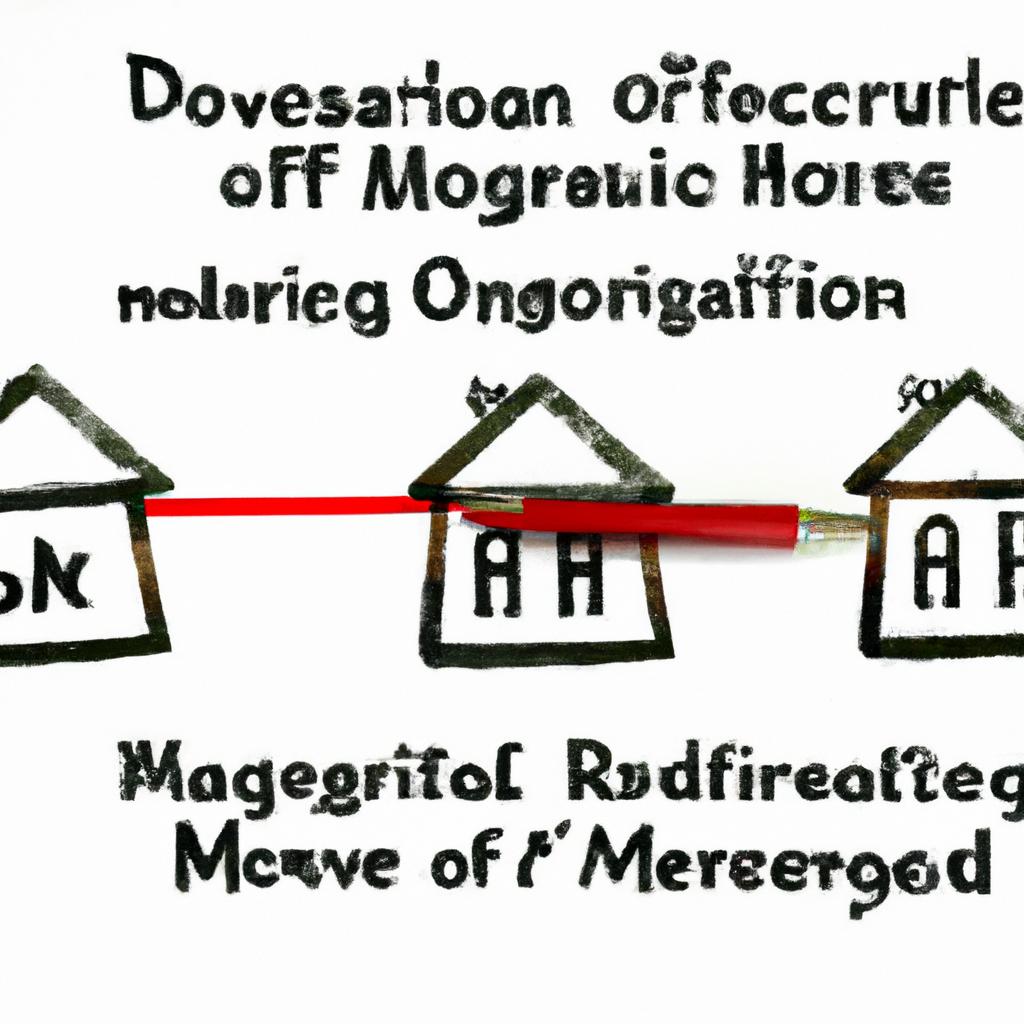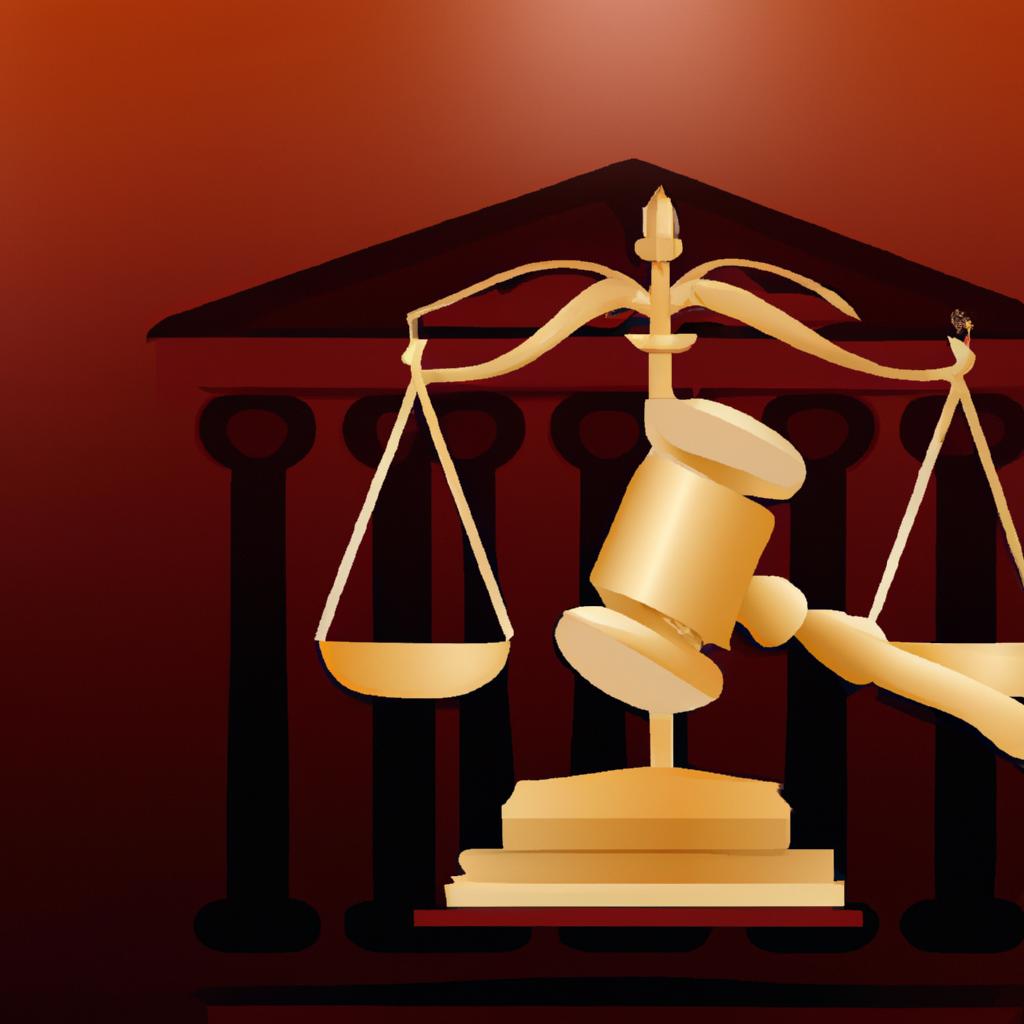In the realm of real estate transactions, the interplay between names on a deed and names on a mortgage can often be a source of confusion and misconceptions. As seasoned legal practitioners at Morgan Legal Group in the bustling metropolis of New York City, we frequently encounter clients grappling with the complexities surrounding this issue. In this article, we delve into the nuances of the “name on deed not mortgage” dilemma, offering clarity and insight for those seeking to navigate this labyrinthine terrain. Join us as we unravel the mysteries shrouding this legal conundrum and shed light on the implications for estate planning, probate, elder law, Wills, and trusts.
Understanding the Legal Distinction Between Name on Deed and Name on Mortgage
When it comes to real estate ownership, it’s crucial to understand the legal distinction between the name on the deed and the name on the mortgage. While these two names are often the same, they can also be different, leading to various legal implications.
In general, the name on the deed signifies ownership of the property, while the name on the mortgage indicates who is responsible for repaying the loan. It’s essential to ensure that both names align to avoid potential issues in the future. Here are some key points to consider:
- Ownership Rights: The name on the deed holds legal ownership of the property and has the right to sell, transfer, or gift the property. The name on the mortgage is typically the person responsible for making the mortgage payments but may not have ownership rights.
- Liability: The name on the mortgage is legally obligated to repay the loan, regardless of who is on the deed. It’s crucial to understand that if the mortgage is not paid, the lender can foreclose on the property, regardless of the deed owner.

Implications of Having Your Name on Deed but Not on Mortgage
Having your name on the deed but not the mortgage can have various implications, especially in the event of a financial or legal dispute. One important consideration is that while being on the deed provides some level of ownership rights to the property, it does not necessarily imply financial responsibility for the mortgage. This means that even if you have an ownership stake in the property, you may not be responsible for making mortgage payments.
However, it is crucial to understand that not being on the mortgage can also have its downsides. For instance, if the individual whose name is on the mortgage passes away or defaults on payments, the lender may have the legal right to foreclose on the property, even if your name is on the deed. Additionally, being on the deed but not the mortgage may limit your ability to make decisions regarding the property, such as selling or refinancing it without the consent of the mortgage holder. Therefore, it is essential to carefully consider the implications of having your name on the deed but not on the mortgage to avoid potential complications in the future.
Recommendations for Addressing Discrepancies Between Deed and Mortgage Documents
In situations where the name on the deed does not match the name on the mortgage documents, it is essential to address these discrepancies promptly to avoid potential legal issues down the road. Here are some recommendations for resolving this issue:
1. Review the Deed and Mortgage Documents:
- Examine the deed and mortgage documents carefully to determine the extent of the discrepancies.
- Identify any errors or inconsistencies in the names listed on the documents.
2. Contact the Lender and Title Company:
- Reach out to the lender and title company to inform them of the discrepancies and discuss potential solutions.
- Provide any necessary documentation, such as marriage certificates or legal name change documents, to support your case.

Ensuring Alignment Between Deed Ownership and Mortgage Responsibility
When it comes to property ownership and mortgage responsibility, it is crucial to ensure alignment between the name on the deed and the name on the mortgage. Many homeowners may be surprised to learn that the name on the deed does not always match the name on the mortgage. This misalignment can lead to confusion, legal issues, and potential financial consequences down the line.
- One common scenario is when a property is owned jointly by multiple individuals, but only one person is listed on the mortgage. In this situation, the individual on the mortgage is solely responsible for making payments, even though multiple people may have a stake in the property.
- In order to avoid these complications, it is essential to review the deed and mortgage documents to ensure that ownership and responsibility are properly aligned. If discrepancies are found, it may be necessary to take legal steps to update the documents and protect the interests of all parties involved.
Q&A
Q: What does it mean when your name is on the deed but not the mortgage?
A: When your name is on the deed but not the mortgage, it means you have ownership rights to the property but you are not responsible for repaying the loan.
Q: Can I be on the deed but not the mortgage?
A: Yes, it is possible to be on the deed but not the mortgage. This may happen for a variety of reasons, such as if you are a co-owner of the property but are not financially contributing to the loan.
Q: What are the implications of being on the deed but not the mortgage?
A: Being on the deed but not the mortgage means you have a legal claim to the property, but you are not responsible for making mortgage payments. However, if the mortgage goes into default, it could impact your ownership rights.
Q: Can I still sell the property if my name is on the deed but not the mortgage?
A: Yes, you can still sell the property if your name is on the deed but not the mortgage. However, you will need to work with the primary borrower to ensure the mortgage is paid off before the sale can be finalized.
Q: What should I do if I want my name removed from the deed but not the mortgage?
A: If you want your name removed from the deed but not the mortgage, you will need to consult with a real estate attorney to explore your options. It may be possible to transfer your ownership rights to another party, but it can be a complex legal process.
In Conclusion
In conclusion, understanding the difference between having your name on the deed versus the mortgage is crucial in real estate transactions. While being on the deed gives you ownership rights to the property, being on the mortgage makes you financially responsible for the loan. It’s important to carefully consider your options and seek legal advice to ensure that you are making the best decision for your future. Remember, clarity and awareness are key when navigating the world of homeownership. Thank you for reading!

